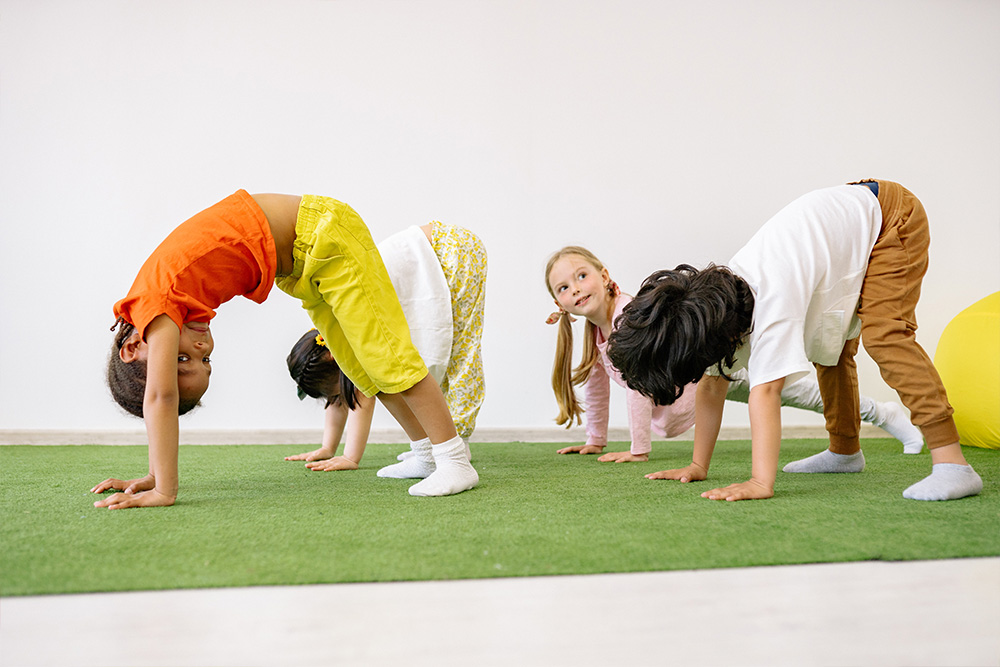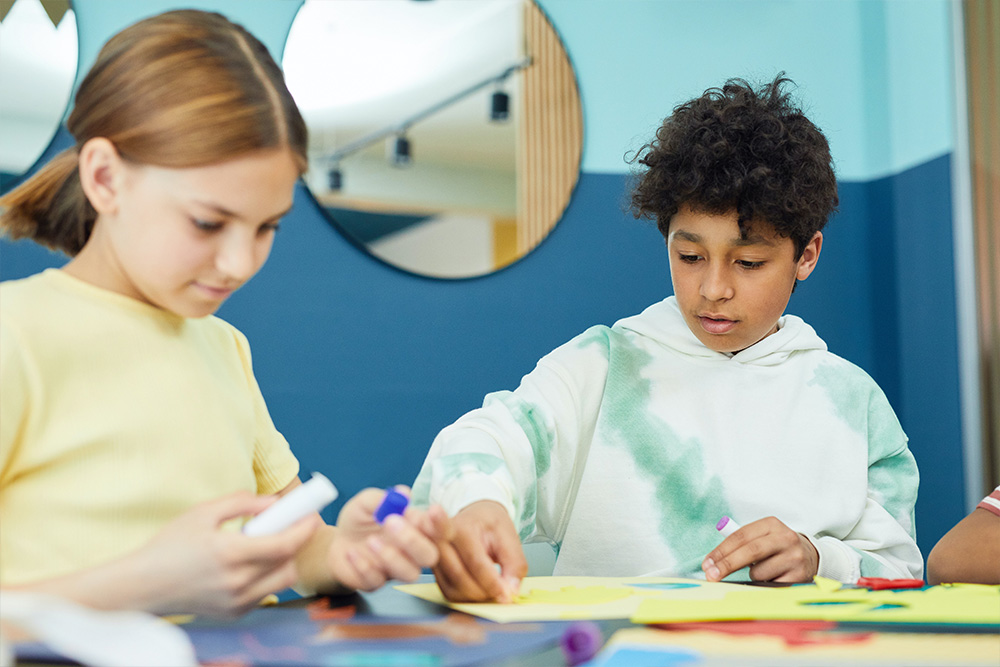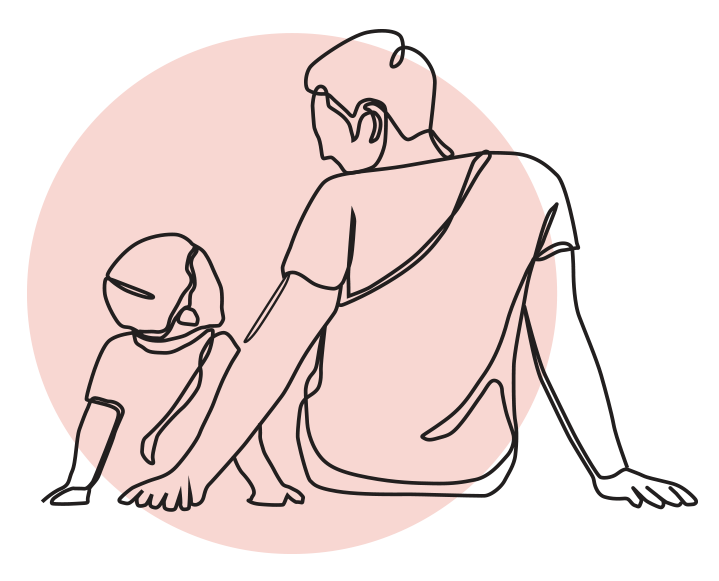| – Karen Raingold is a HCPC registered Art Therapist. The end of the academic year can bring lots of change and excitement as children prepare for end of term performances, sports days and trips as well as looking forward to the next chapter of their schooling. However, all of this can be deeply unsettling for children, especially the most vulnerable who rely on school as a place of routine and familiarity. Add to this the often painful experience of saying goodbye which may bring up feelings associated with other losses that they have experienced, and you have a recipe for emotional dysregulation and acting out. Advice from our therapists is to strike a balance between looking forward to changes whilst holding space for the difficulties that this brings. Here are some tips that could be applied to all ages: – Try to keep as much of pupils’ normal routines in place and provide lots of detailed information about timetable changes well in advance, making information as concrete and visual as possible. – Create an end of term worry box and let children know that it is normal to have a mixture of feelings about the end of term and that they can put these in the box if they want to. – Focus on saying a meaningful goodbye to friends and staff that allows reflection on bonds and learning that have been developed. For example, each child could create a “my year box” from recycled packaging that they can decorate with their favourite memories and fill with messages to and from friends and staff. – Support children to the think about other experiences of change and transition that they have experienced and the tools they needed and developed as a result. – Children may want to feel that they can leave something behind to be remembered by or take something with them to their new setting, as a form of “transitional object”. Contributing to the next year’s display or creating a folder or bag tag for next year are some ideas. Recommendation: A Guide to the Mental Health of Children and Young People by Dr Meinou Simmons published by the Royal College of PsychiatristsThis Q & A for Parents, Caregivers and Teachers is a really thorough and up to date hand-book all schools should have at hand. |
Endings & Transitions: classroom ideas




